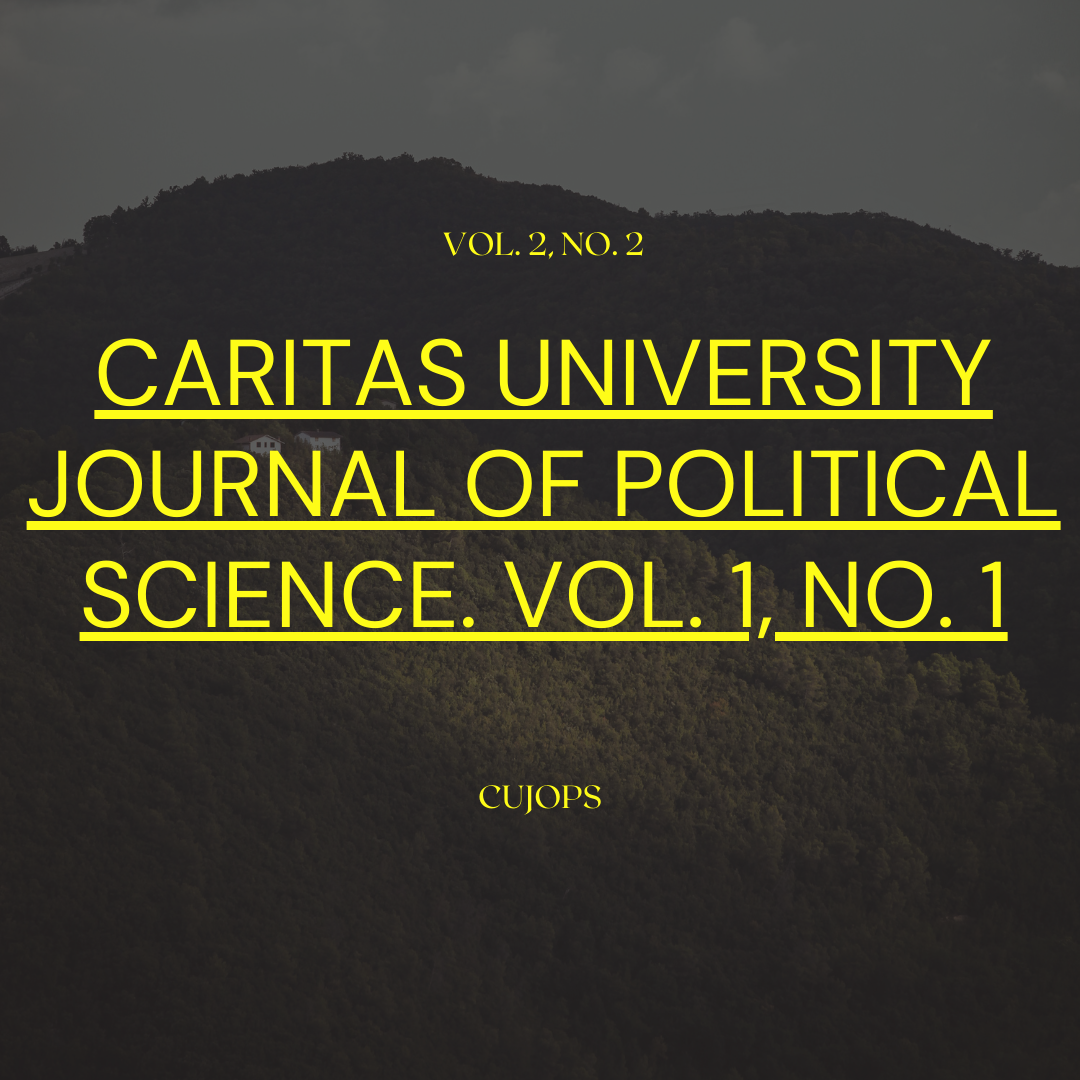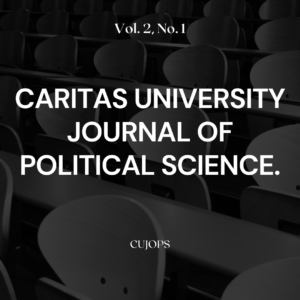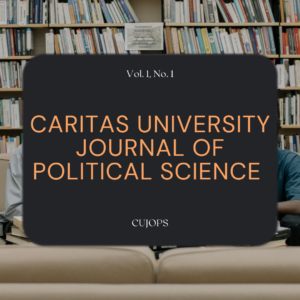Abstract
This work is a periscope on the Political Economy implications of sustaining bicameralism as a legislative option under the current Nigeria’s democratic dispensation and the prevailing recessionary induced economic down turn. Challenged by the superfluous lifestyle of Nigerian Legislatures and the overall financial infrastructure that is weaved around the business of legislation in the democracy of the 4″ republic at the utter disregard for all other critical sectors of the Nigerian economy that are capable of supporting the survival of the ordinary man, sensibilities can no longer continue to pretend over the political economy implications of the interplay. Employing therefore the Descriptive methodology and the Marxian class theory of the state as a framework of analysis, the work was able to find out amongst others that given the present economic disabilities of the Nigerian state as invoked by recession, servicing the existing two legislative chambers at full time engagement is antithetical to the economy of the state. Secondly, the Nigerian legislatures have used their legislative positions for primitive accumulation and self aggrandizement at the expense of the poverty-stricken masses. Arising from the foregoing, the work recommends amongst others that the legislative business in Nigeria with respect to the National Assembly should be reverted to a part time engagement with pertinent honorariums.
Key Words: Democracy, Recession, Political Economy, Legislature. Dual Legislative Chambers





